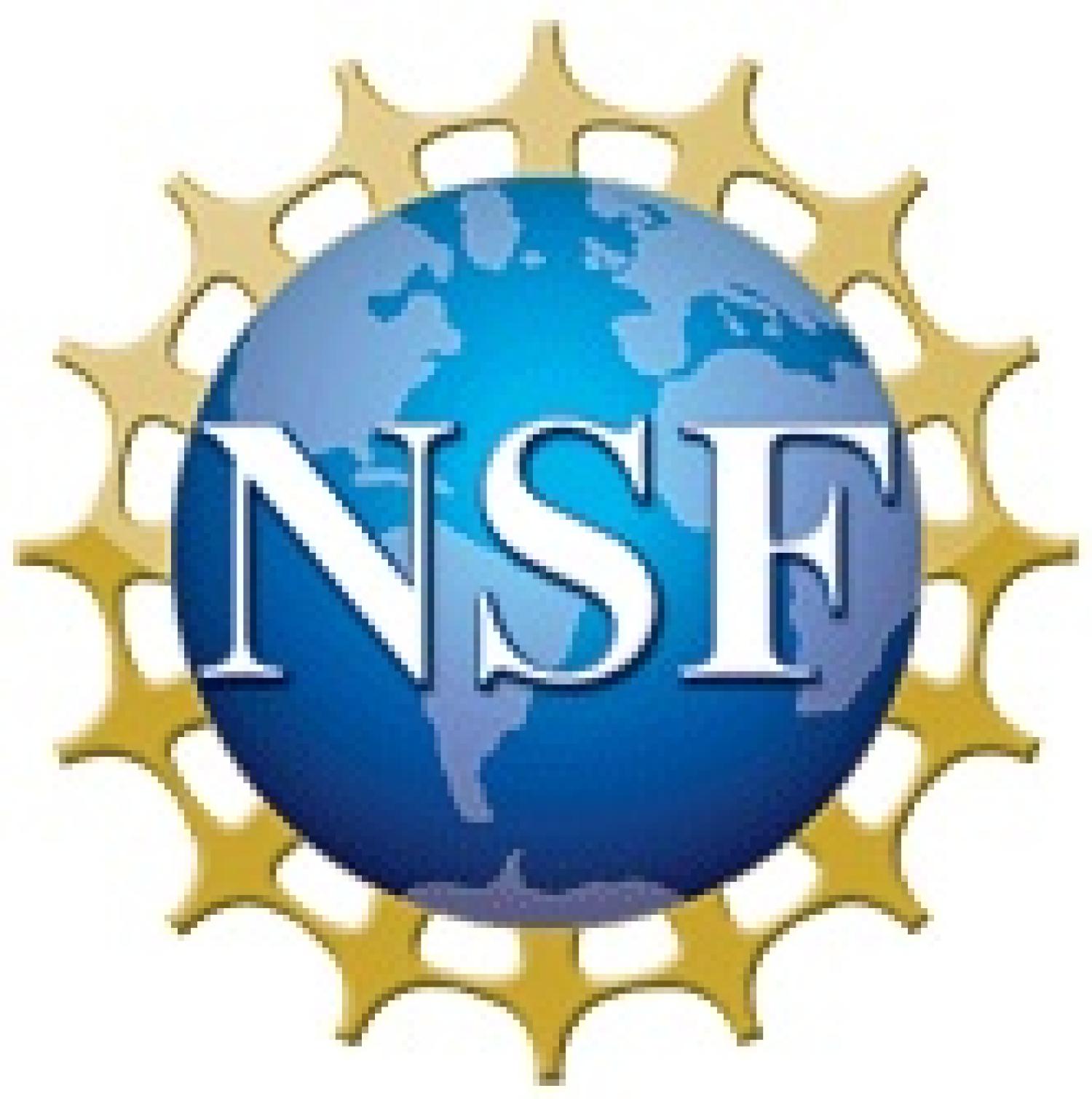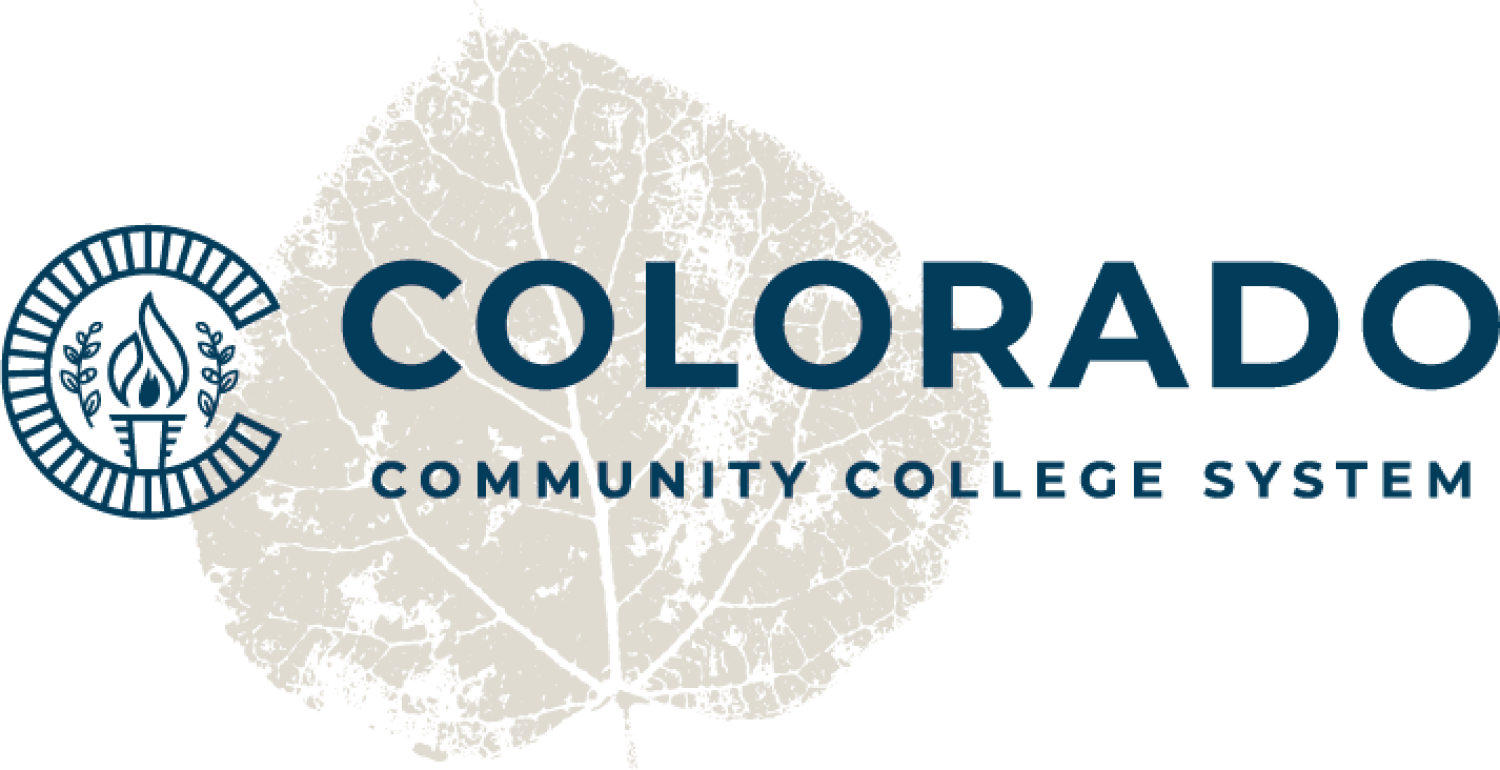Physics (B.A.) Academic Course Map
The Bachelor of Arts degree in Physics (PHYS) at CU Boulder provides the knowledge of the physical concepts that are basic to the laws of nature, and the ability to use these fundamental concepts to answer questions and solve real-world problems. Students majoring in Physics choose from one of three plans: Plan I for students who plan to pursue graduate study in physics or go directly into professional employment); Plan II, for students who wish to combine a physics major with an interdisciplinary (applied mathematics, biophysics, chemical physics, environmental science, history and philosophy of science, or pre-medicine) or applied physics focus; or Plan III, for those who wish to become elementary or secondary school teachers (teaching licensure in cooperation with the School of Education).
Students who receive an undergraduate degree in Physics may pursue the following career opportunities: design and development work in industrial firms, government and academic laboratories, and nonprofit research centers. Physics graduates often work closely with engineers, complementing specific disciplines with a broader physics perspective. Graduates can also go on to careers in business, law, finance or medicine after appropriate graduate work. A BA in Physics if also excellent preparation for admission to graduate school in physics and related fields.
Admission Requirements
Students who begin at a Colorado Community College can transfer directly to CU Boulder to finish their degree in any of the programs offered by the College of Arts and Sciences. Please see the CU Boulder College of Arts & Sciences’ Colorado Community College webpage for more information detailed information admissions requirements for students transfering from a Colorado Community College.
Transfer Recommendations
To graduate in a 4-year time frame, it is important that students follow the recommended schedule. Students who wish to continue their education at the community college beyond the number of credits specified below should explore with both community college and CU Boulder staff how their graduation timeline, COF stipend, and financial aid will be affected.
Suggested Four-Year Course Plan for the Physics (PHYS) major
This is a suggested guide of coursework only and is subject to change. Always consult with your academic advisor for graduation planning purposes. Depending on a student’s situation, a different plan might be more applicable.
Your community college must offer an Associate of Science Degree with Designation (DwD) in Physics to use this transfer guide. A student must be ready for calculus and general chemistry to follow this course map.
Community College (first two years)
Fall Semester 1
| Course | Course Title | Credits |
|---|---|---|
| ENG 121/1021* | English Composition I (GT-CO1) | 3 |
MAT 201/2410 | Calculus I (GT-MA1) | 5 |
CHE 111/1111 | General College Chemistry I with Lab (GT-SC1) | 5 |
Guaranteed Transfer Arts & Humanities Course (GT-AH1, GT-AH2, GT-AH3, GT-AH4) | 3 | |
| Total Credits | 16 |
Spring Semester 1
| Course | Course Title | Credits |
|---|---|---|
| ENG 122/1022 | English Composition II (GT-CO2) | 3 |
MAT 202/2420 | Calculus II (GT-MA1) | 5 |
PHY 211/2111 | Physics: Calculus-based I with Lab (GT-SC1) | 5 |
Guaranteed Transfer Arts & Humanities Course (GT-AH1, GT-AH2, GT-AH3, GT-AH4) | 3 | |
| Total Credits | 16 |
Fall Semester 2
| Course | Course Title | Credits |
|---|---|---|
| PHY 212/2112 | Physics: Calculus-based II with Lab (GT-SC1) | 5 |
MAT 203/2430 | Calculus III (GT- MA1) | 4 |
| Guaranteed Transfer Arts & Humanities Course (GT-AH1, GT-AH2, GT-AH3, GT-AH4) | 3 |
Guaranteed Transfer History Course (GT-HI1) | 3 | |
| Total Credits | 15 |
Spring Semester 2
| Course | Course Title | Credits |
|---|---|---|
| PHYS 213/2113 | Physics III: Calculus-Based Modern Physics | 3 |
MAT 265/2560 | Differential Equations (GT-MA1) | 3 |
CSC160/1060 | Computer Science I | 4 |
Guaranteed Transfer Social & Behavioral Sciences Course (GT-SS1, GT-SS2, GT-SS3) | 3 | |
| Total Credits | 13 |
Total credits at community college: 60
Completion of the four semesters of coursework listed above fulfills the requirements for an Associate of Science Degree with Designation in Physics at the Colorado community colleges that offered that degree and fulfills the General Education requirements at UCB.
CU Boulder (last two years)
Fall Semester 3
| Course | Course Title | Credits |
|---|---|---|
| PHYS 2150 | Experimental Physics 2 | 1 |
PHYS 2210 | Classical Mechanics and Mathematical Methods 1 | 3 |
MATH 2130 | Introduction to Linear Algebra for Non-Mathematics Majors | 3 |
Non-Major Elective | 3 | |
| Non-Major Elective | 3 | |
| Upper-Division Non-Major Elective | 3 | |
| Total Credits | 16 |
Spring Semester 3
| Course | Course Title | Credits |
|---|---|---|
| PHYS 3210 | Classical Mechanics and Mathematical Methods 2 | 3 |
PHYS 3310 | Principles of Electricity and Magnetism 1 | 3 |
PHYS 3330 | Electronics for the Physical Sciences | 2 |
Upper-Division Non-Major Elective | 3 | |
| Upper-Division Non-Major Elective | 3 | |
| Total Credits | 14 |
Fall Semester 4
| Course | Course Title | Credits |
|---|---|---|
| PHYS 3220 | Quantum Mechanics 1 | 3 |
PHYS 3320 | Principles of Electricity and Magnetism 2 | 3 |
PHYS 4230 | Thermodynamics and Statistical Mechanics | 3 |
Upper Division Non-Major Elective | 2 | |
| Upper Division Non-Major Elective | 3 | |
| Total Credits | 14 |
Spring Semester 4
| Course | Course Title | Credits |
|---|---|---|
| PHYS 4410 | Quantum Mechanics 2 | 3 |
| PHYS Upper-Division Major Elective | 3 |
| PHYS Upper-Division Major Elective | 3 |
PHYS Upper-Division Major Elective | 3 | |
| Upper-Division Non-Major Elective | 3 | |
| Total Credits | 15 |
Total credits at CU Boulder: 59
Completion of all eight semesters of coursework listed abover fulfill the requirements for a Bachelor of Arts degree with a major in Physics major at CU Boulder.**
*For community college courses, the first course number is previous to summer 2022, and the second course number is the new number starting in summer 2022.
**This course major shows the course work need to complete Plan I in the Physics major. A student who completed the first two years laid out in this course map could also complete Plan II (the interdisciplinary or applied physics programs) or Plan III (teaching physics in a secondary school) with just 60 more credits at CU Boulder. However, students pursuing Plan III would need to take more than 60 credits at CU Boulder to complete the education, biology, and earth/space science coursework needed to earn a teaching certificate for secondary science.




